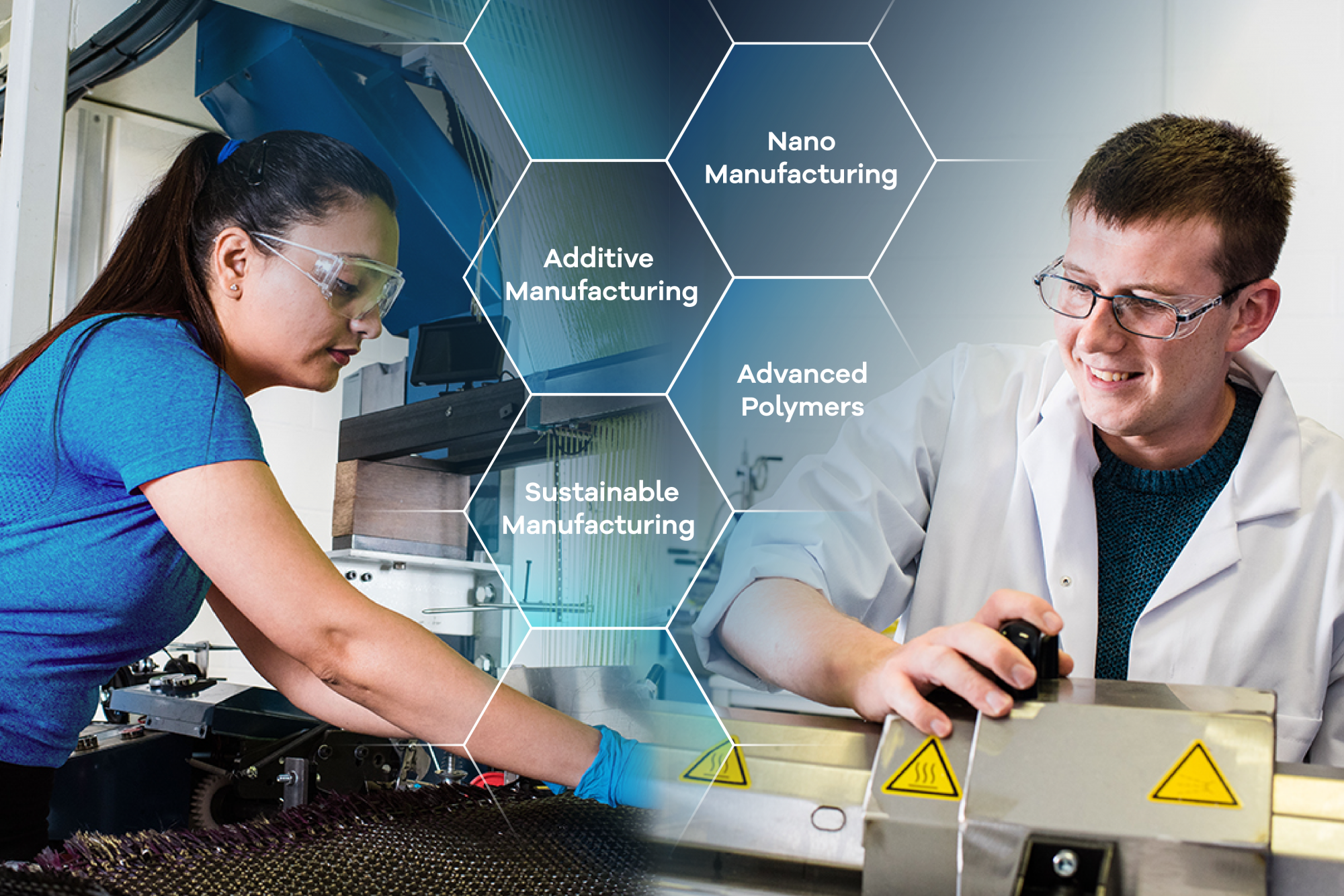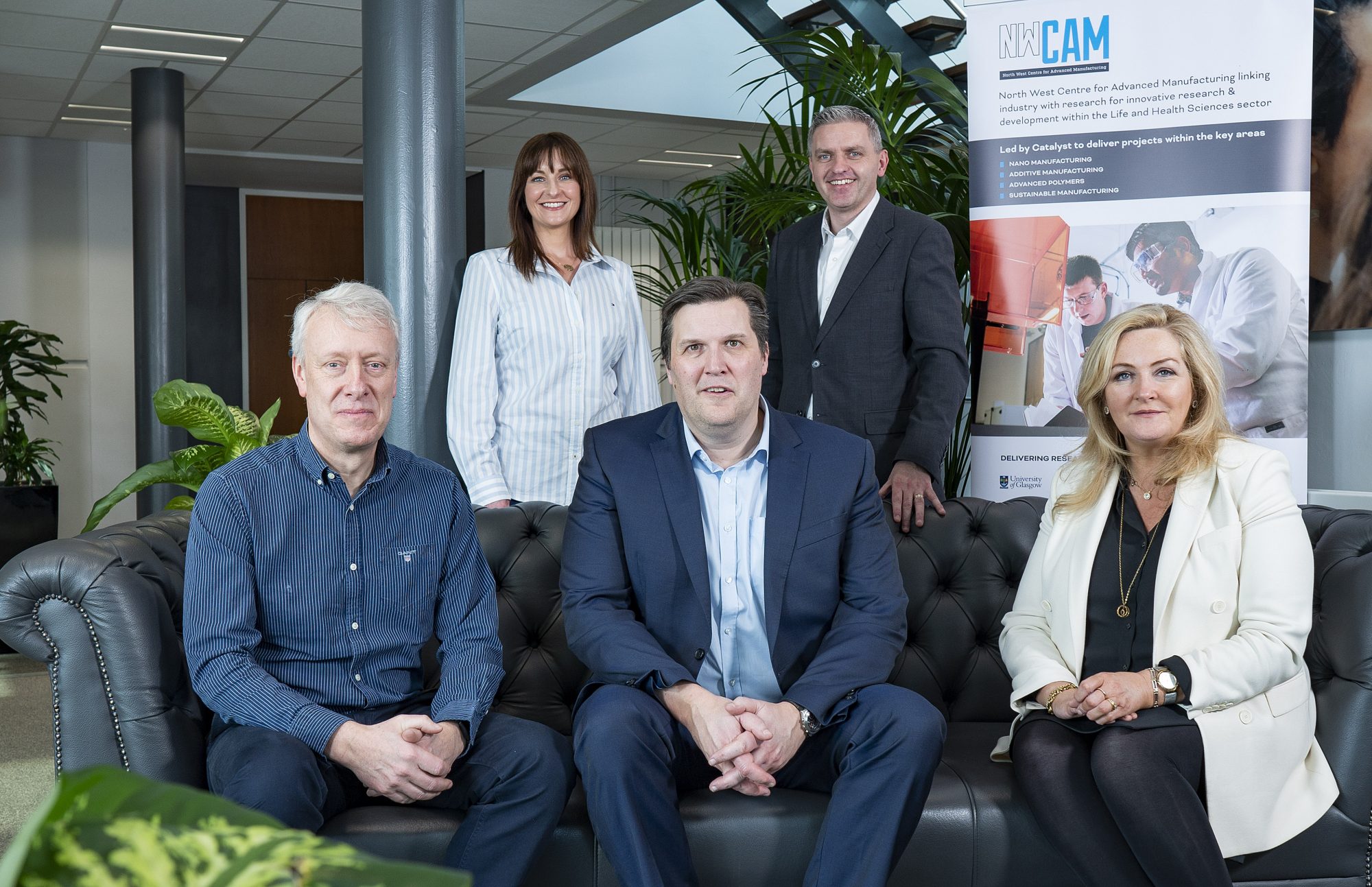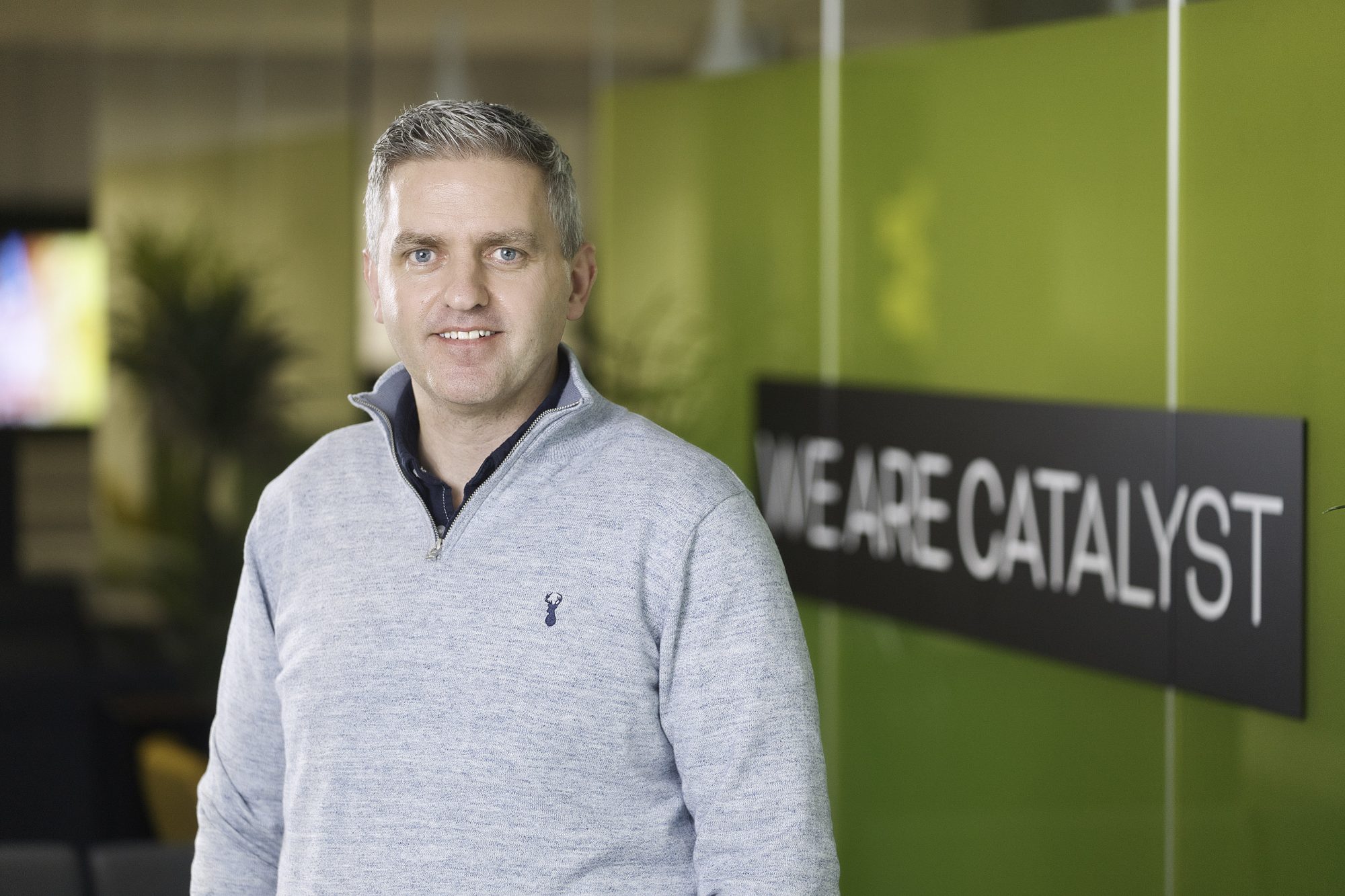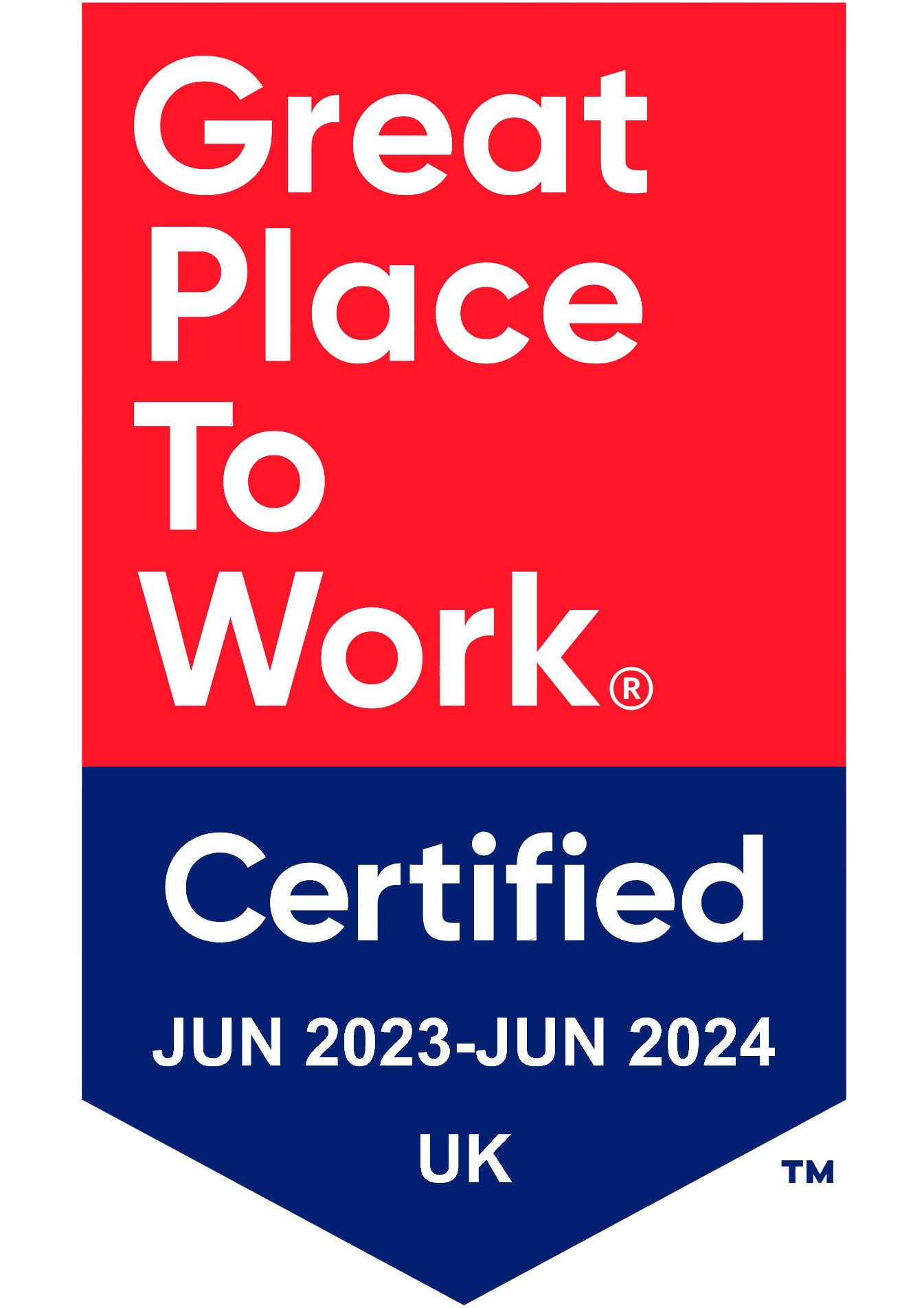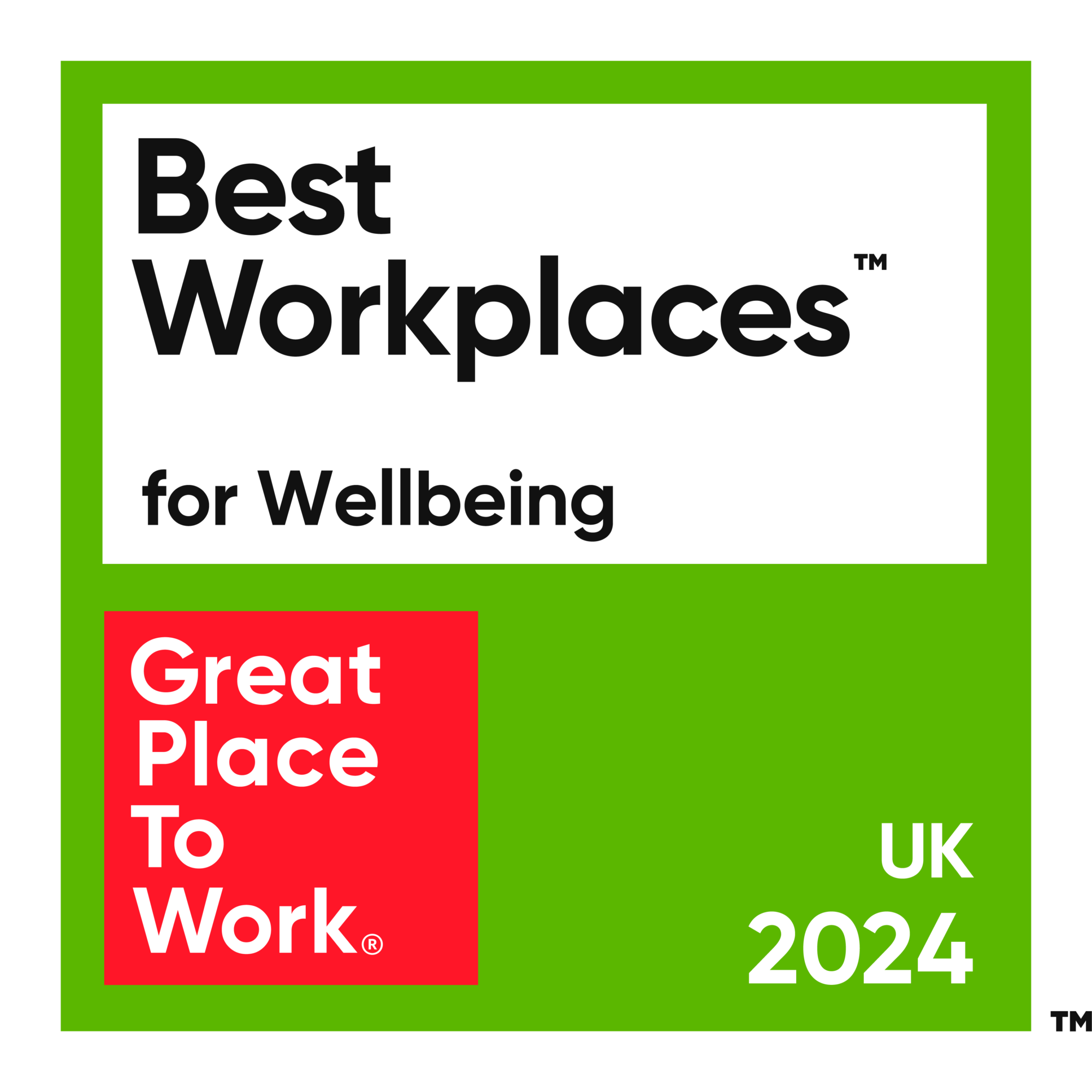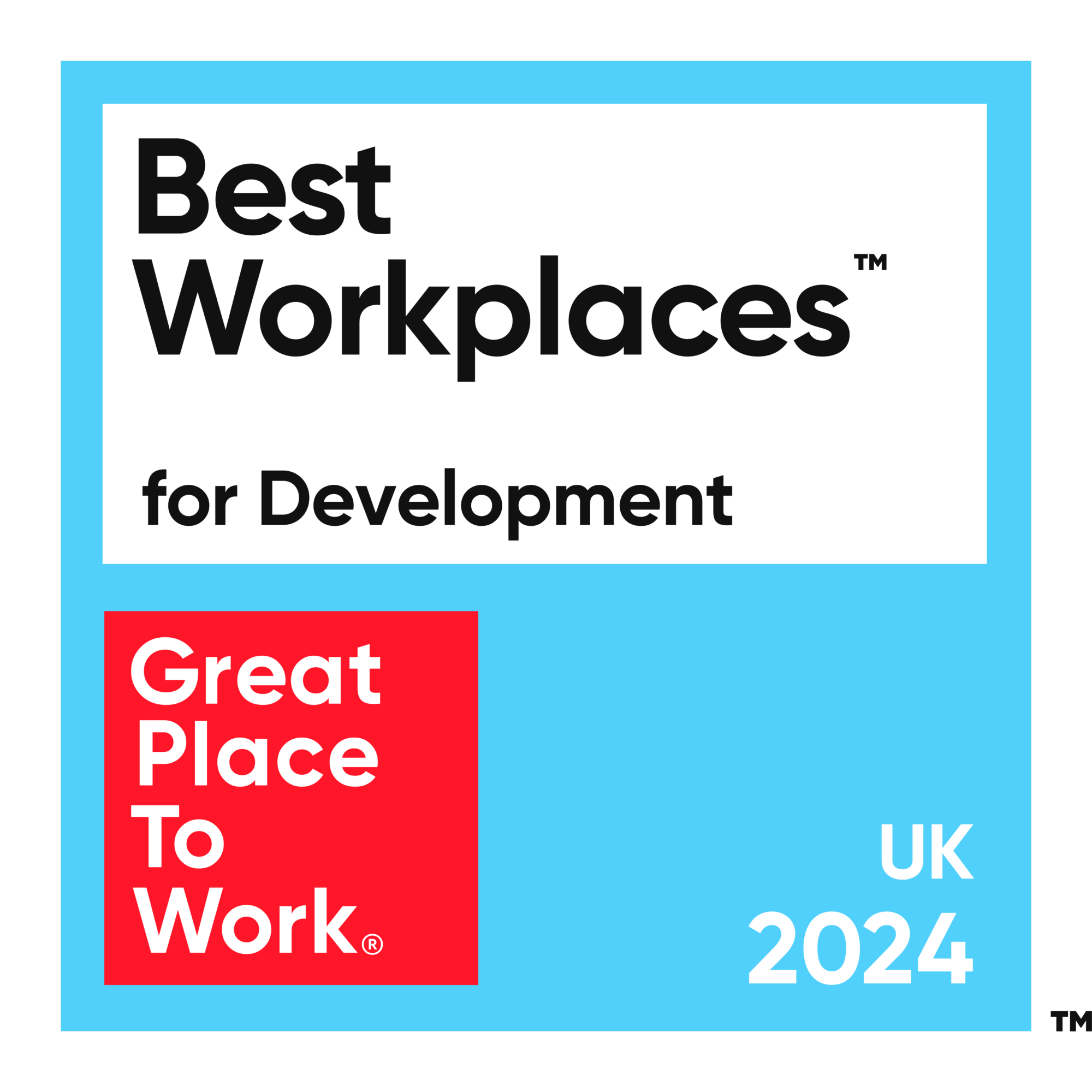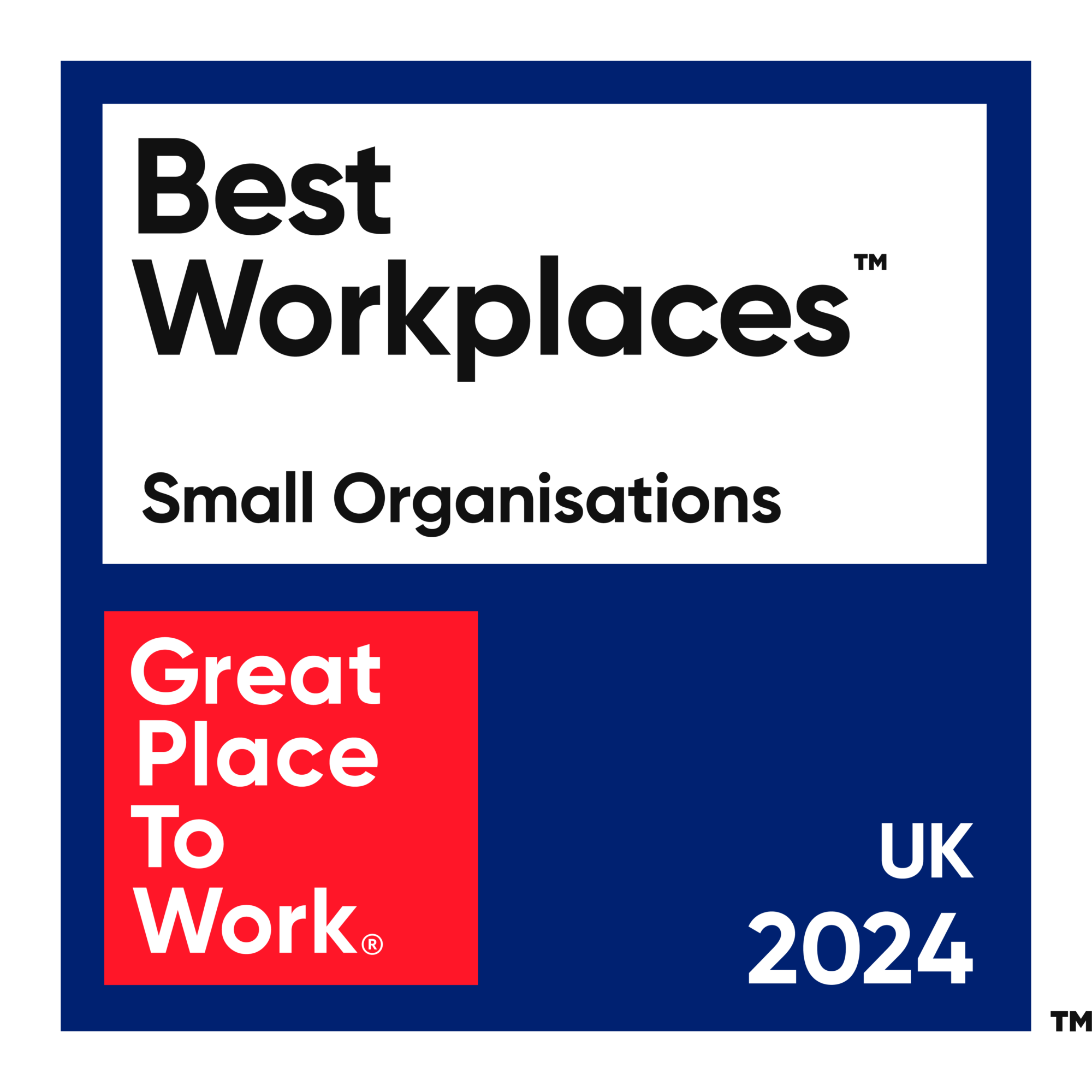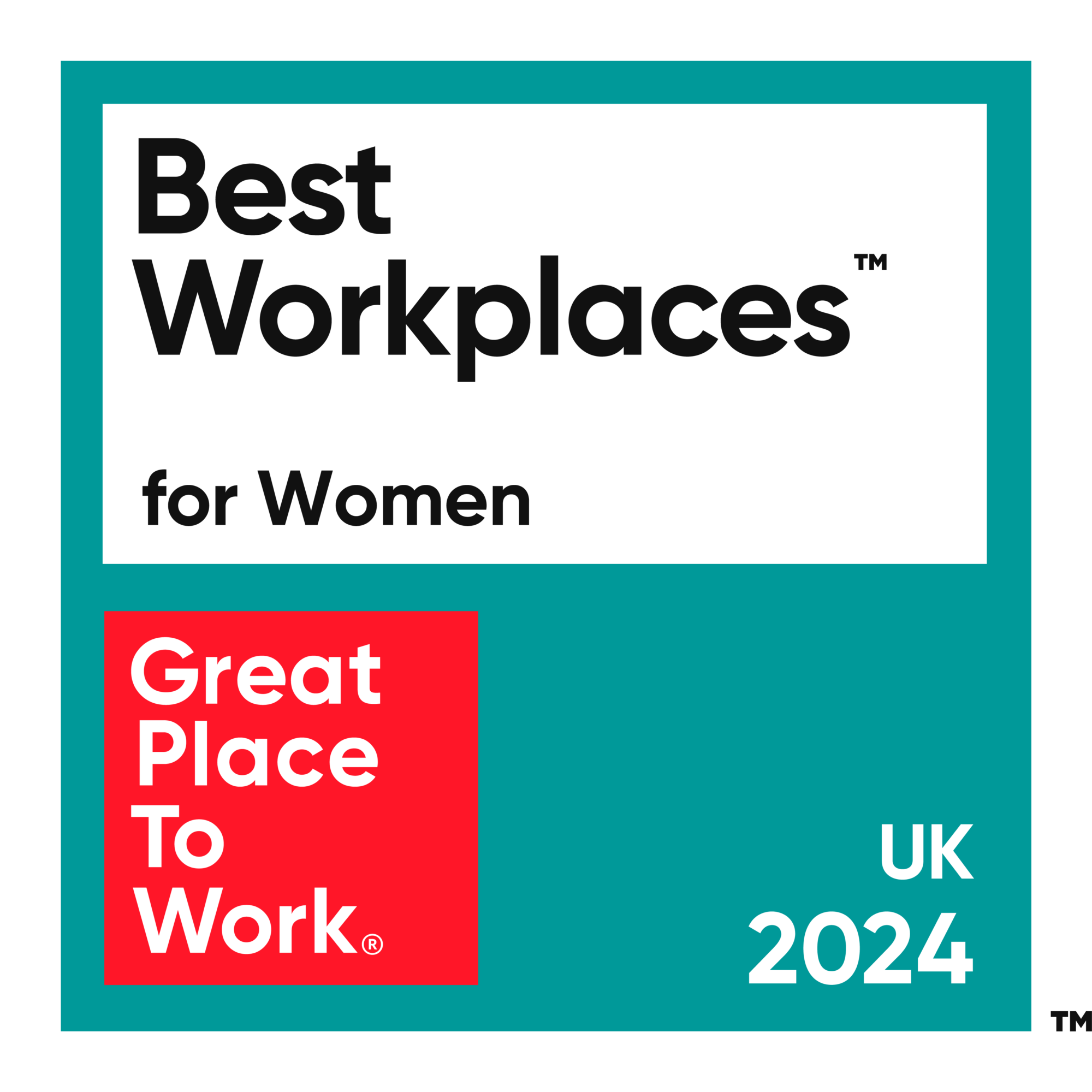NWCAM Success continues: Ryan Harkin Graduates
Did you know that the average employment rate for graduates with a doctoral degree is a whopping 97%?* It’s not just getting […]
October 5, 2021
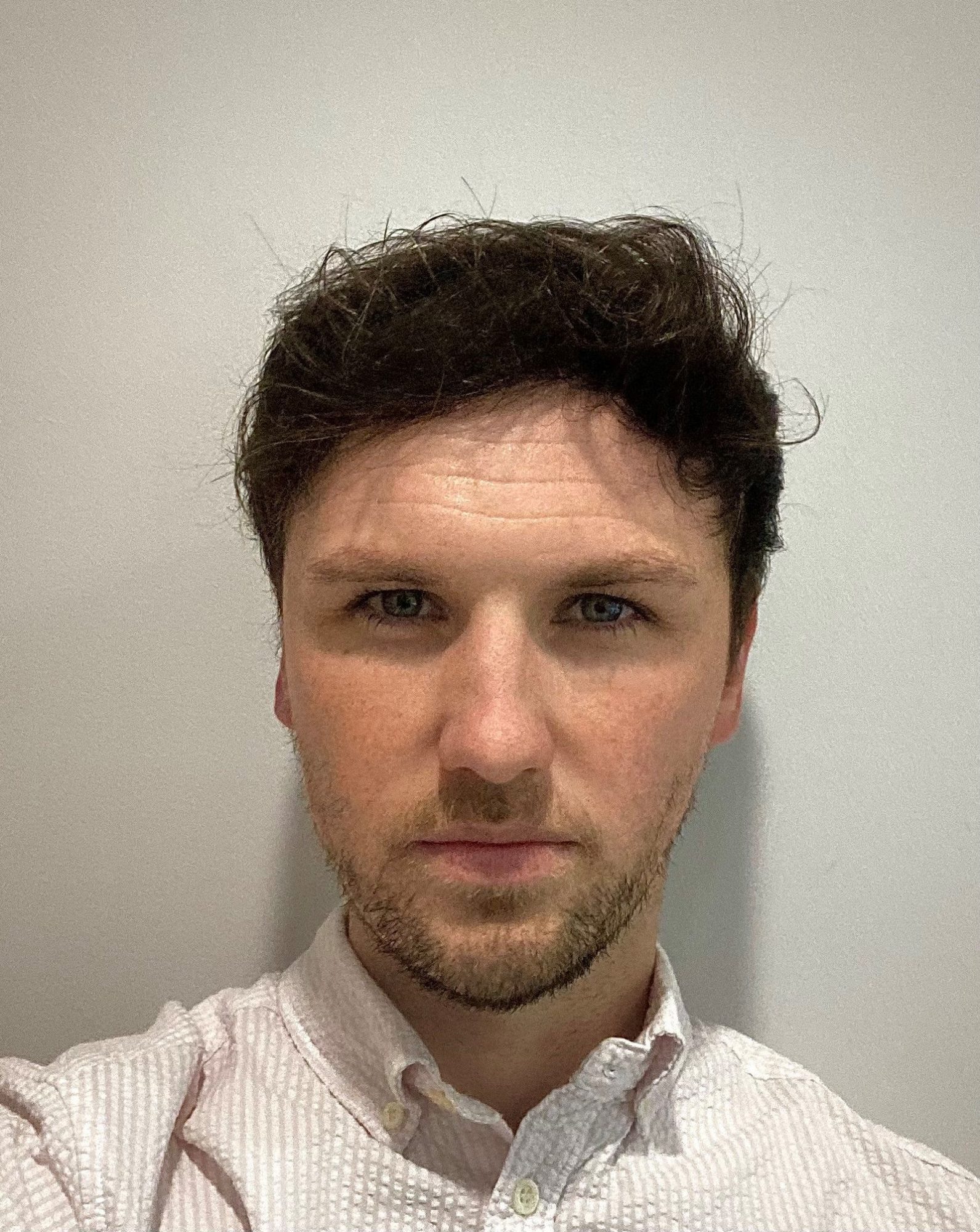
Did you know that the average employment rate for graduates with a doctoral degree is a whopping 97%?* It’s not just getting the PhD qualification that puts you above the rest, it’s the years of experience and the skill set that you develop. Being able to put ‘Dr’ before your name is impressive, but you also develop vital transferable skills along the way.
The North West Centre for Advanced Manufacturing (NWCAM) facilitates 16 research projects that are delivered by a collective of post-doctoral research assistants and PhD students. Over the last four years, these researchers have dedicated their time and skills to create innovative solutions for challenges faced by our industrial partners. They truly are our innovators of tomorrow.
Ryan Harkin from Ulster University was the first of our NWCAM researchers to complete his PhD studies. Ryan’s PhD focused on the ‘optimisation of the laser sintering of metal parts for medical products’. Ryan’s supervisor Dr Shaun McFadden from Ulster University said“Additive Manufacturing, also known as 3D printing, of metal parts is an exciting area of research which is still in its infancy for many industries. Ryan’s PhD has looked at the important issue of manufacturing quality for biomedical grade titanium alloy used for medical implants. The industry impact of Ryan’s research will assist in understanding the important issues of powder reuse to reduce cost while maintaining part integrity, and the selection of parameters to avoid defects in parts made by powdered metal additive manufacturing. Ryan has already published two papers in an international open access scientific journal and has presented at international conferences. More publications are expected to follow.”
At the centre of the NWCAM concept is the alignment of a research project with an industry partner. NWCAM offers PhD students and PDRAs the opportunity to integrate into a company and gain industry experience alongside their field of study. Through NWCAM Ryan was able to work with Belfast company Laser Prototype Europe (LPE). Collaborating with industry helps researchers like Ryan develop the skill set needed for careers after graduation.
In order to celebrate Ryan’s achievements and hard work we asked him to set down the champagne and chat to the NWCAM team about his experience first-hand, top tips for surviving the viva and what inspires him about engineering. Check out our interview with Ryan below.
What would you say to someone who may be considering applying for a PhD?
If you are considering applying for a PhD, then you should definitely apply. If you are seeking employment particularly in academia, then this is the right career move to make. The opportunity to collaborate with an industrial partner, allowed me to develop my knowledge on both the academic and industrial front. Now, a PhD does require a lot of determination, hard work and resilience. However, once you complete your PhD it will definitely be worth it.
How or why did you choose engineering as a career path/area of study?
For my A-Levels, I studied Maths, Physics and Art. I always knew that I wanted to study a degree programme that would require a maths skill set. Therefore, I decided to study Renewable Energy Engineering at Ulster University’s Magee Campus. I knew from my first day on the course that I had made the right decision. The course allowed me to develop into an engineer with a well-rounded skill set, making me very employable.
The opportunity to demonstrate within classes on the course inspired me to further my career by completing a PhD through NWCAM, with the intention of becoming a lecturer in engineering.
Do you have any tips for surviving ‘the viva’?
Funnily enough, surviving is the word that I would have used during my viva as well. However, you should expect your viva to be challenging, thought provoking and you should treat it more as a discussion with your examiners. It may feel like a pressurised environment, but it’s important to remember the work that you have done to get to this stage of your PhD. Prior to your viva, preparation is key. Ensure you know your thesis well so you can recall the methodology and main findings from each chapter. During the viva try to remain calm and composed. Remember nobody knows more about your thesis than you.
What inspires you about engineering?
The ability to provide solutions to real world problems is fascinating. Engineering allows us to solve problems via the implementation of an effective design process. Every object that is ever manufactured, requires engineering. The role of an engineer is really important, to ensure a design is fit for its application. Meaning, rigorous testing and analysis is required to test the mechanical capability of the design prior to manufacture. Also, engineering is developing due to the improvement of technology. Therefore, it is important that I continue to develop my skill set to ensure that I am a dynamic and knowledgeable engineer.
What is the most exciting thing that happened during your PhD study?
The ability to collaborate with my project partner, Laser Prototype Europe (LPE), during my research was very exciting. This opportunity allowed me direct usage of their additive equipment to perform impactful research. The main outcomes from my PhD were beneficial both within academia and industry alike. In addition to this, presenting my research at conferences and networking events were also exciting experiences. It was very rewarding to showcase my work to audiences and this also allowed me to develop my communicational skills. It was also fascinating to hear the diversity of the work that is on-going across the NWCAM project.
What did you learn in relation to working alongside LPE as your industrial lead for your research project?
The main outcome that I learned whilst working with LPE is the importance of planning and effective communication. It was imperative that I communicated effectively with my industrial partner to devise manufacturing plans. To ensure my time using their additive equipment was very productive. In addition, it was important that I was able to report my main findings from work to LPE. Allowing them to get an in-depth insight into their components and powder usage during manufacturing. This improved knowledge allowed LPE to optimise their procedures accordingly to improve the quality of their components.
What are your hopes for the future of engineering?
Industry 4.0 will be at the forefront of the future of engineering. The improvement of technology, increased demand for additive manufacturing, connectivity, machine learning and real time data collection together will revolutionise the manufacturing sector. Engineers are now being trained to ensure they have the skills and knowledge to work effectively within this dynamic industry.
My knowledge of the additive manufacturing sector will allow me to be proactive and productive in the future.
What would you say to students who may be considering engineering as a career choice/study option?
Engineering is a great career and there is a huge demand for well-skilled engineers in industry. Not only are the employability prospects high, the salary of an engineer is also excellent. By studying to become an engineer you develop logical thinking and critical analysis skills. So, engineers tend to do better no matter which sector they choose, and they also tend to make good managers. You will also develop a wide range of skills that will include teamwork, communication, numeracy, creativity, and data analysis.
What does the next 5 years look like for your career, now you are Dr Ryan Harkin?
I am currently employed at Ulster University as a Teaching Fellow, and I would like to continue working within academia. I have thoroughly enjoyed my experience to date teaching and inspiring the undergraduate engineers within the courses offered at Magee. Having completed both my degree and PhD at Ulster University, I feel like it is important to share my experience with the students to help them develop into engineers. I am also keen to continue my research, particularly in the area of additive manufacturing.
*Statistic taken from OECD Education at a Glance 2019 Report.
